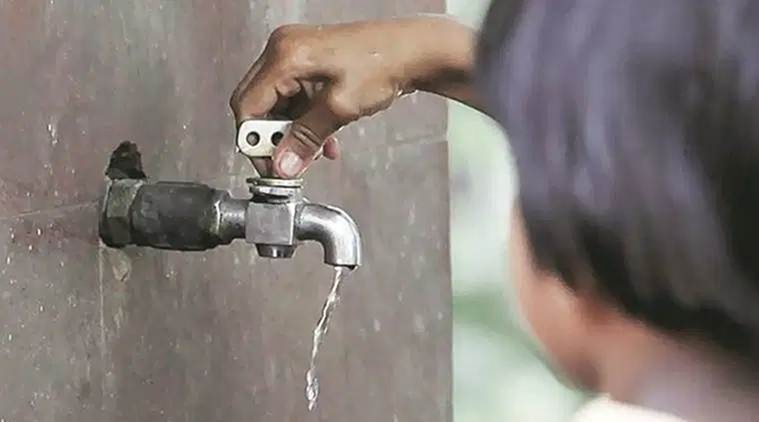Cholera cases reported in Bengaluru: Know symptoms and prevention of this water-borne disease
All you need to know about the water-borne disease that can be prevented with simple sanitation measures.

Over the past week, six cholera cases have been reported from Bengaluru raising concerns about the safety of drinking water. Except for one case in 2019, no cholera case has been reported in the city in the past few years, as per Bengaluru’s municipal corporation records.
What is cholera?
Cholera is caused by a bacteria called Vibrio cholera and is usually spread through contaminated drinking water or food. It causes severe diarrhoea and dehydration. If left untreated, cholera can be fatal, even in healthy people.
The deadly effects of the disease are due to the toxin produced in the small intestine which causes the body to secrete enormous amounts of water which results in diarrhea and a rapid loss of fluids and salts or electrolytes.
Cholera bacteria might not cause illness in all the people who are exposed to them, but they still pass the bacteria in their stool, which can contaminate food and water sources.
While modern sewage systems have been known to have eliminated cholera in most countries, there is a potential risk in situations of inadequate sanitation and unnatural circumstances like war and poverty.
Symptoms
While most people exposed to the cholera bacterium might not know they have been infected, they can still infect others through contaminated water as they shed cholera bacteria in their stool for seven to 14 days.
Some of the symptoms are diarrhoea, nausea and vomiting and dehydration. Signs of cholera include fatigue, sunken eyes, dry mouth, extreme thirst, dry skin, little or no urination, low blood pressure and electrolyte imbalance which can cause muscle cramps and lead to rapid loss of salts such as chloride, sodium and potassium.
What to do if you have the symptoms?
If you have diarrhoea, especially severe diarrhoea, seek treatment right away. Severe dehydration is considered a medical emergency that requires immediate care.
Prevention tips
Dr Samrat Shah, MD-internal medicine, Bhatia Hospital Mumbai told indianexpress.com the following pointers to prevent cholera.
*Drink and use safe water.
*Wash your hands often with soap and safe water.
*Use proper toilet facilities and sanitation measures – do not defecate in a waterbody.
*Cook food well (especially seafood). Keep it covered, eat it hot. Peel fruits and vegetables.
*Clean your kitchen and toilets thoroughly and safely.
*FDA has approved live oral cholera vaccine (OCVs) for adults between ages 18-64 yrs for people who are travelling in cholera endemic areas.
During a meeting of the World Health Organization’s Strategic Advisory Group of Experts on immunisation that was held in October 2009 in Geneva, Switzerland, cholera control was identified as a priority in areas with endemic cholera, since outbreaks of the disease can disrupt health systems, as per WHO’s Cholera in India: an analysis of reports, 1997–2006 report.
“While long-term intervention to improve water and sanitation should be the mainstay of cholera control measures, the group recommended the use of OCVs to obtain a short-term effect for an immediate response,” stated the report.
Recovery post cholera
It is advisable to include fluids in the routine diet while ensuring that solid and uncooked foods including raw veggies are avoided until there is a complete recovery.
? The Indian Express is now on Telegram. Click here to join our channel (@indianexpress) and stay updated with the latest headlines
For all the latest Lifestyle News, download Indian Express App.
Source: Read Full Article






